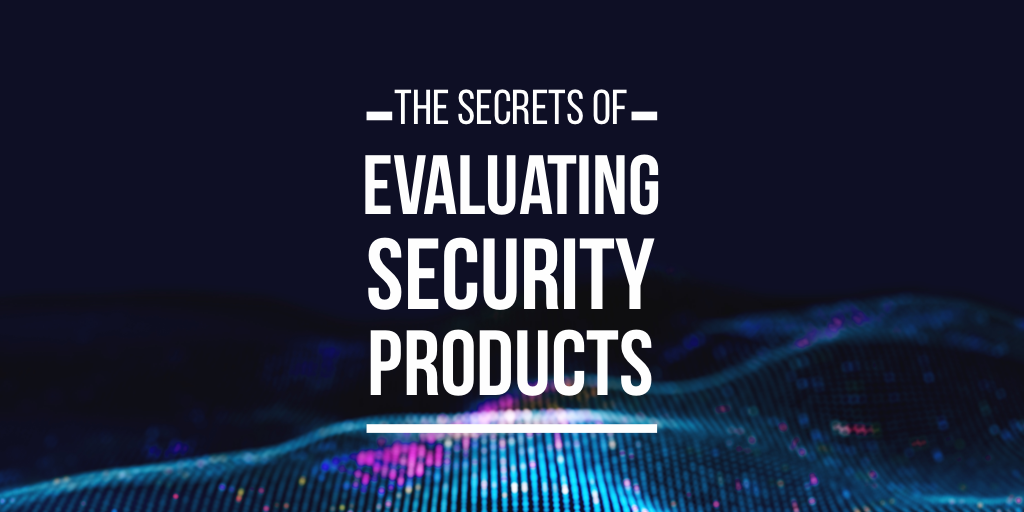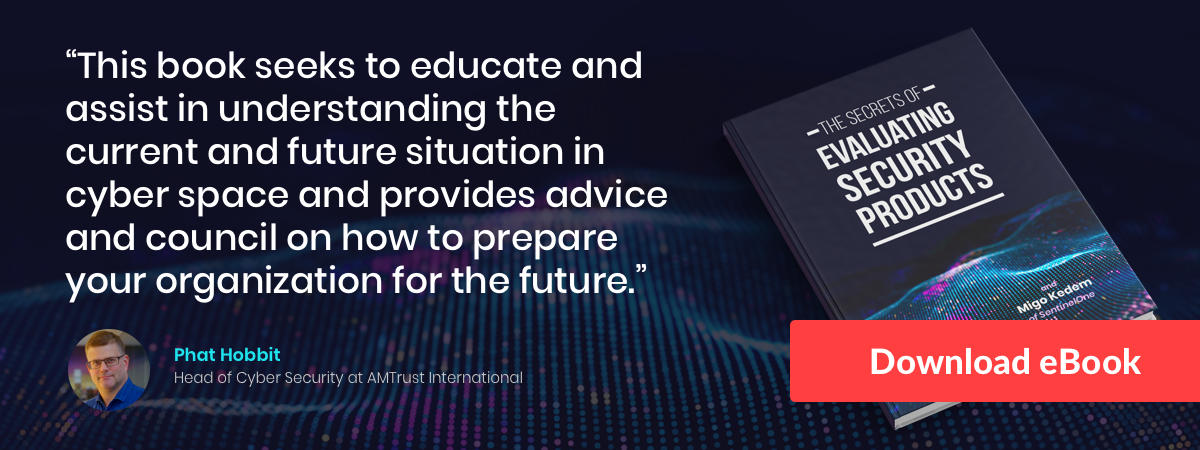I’ve been watching the anti-malware industry for a long time as a user, service provider and now cyber security industry analyst. For many years, AV software was the only line of cyber defence and most of the folks I know from “back in the day” have a love-hate relationship with their anti-virus provider. Les Correia and Migo Kedem are both heavy weights in the anti-malware industry and their collaborative efforts have produced the book you can start reading now. To be honest I’m not even sure folks read introductions anymore as the sentiment is “why bother when it’s really the content I am after?”
Fair point, but if you are reading this now, I think it’s time to explain just how important this book is from a business perspective. For me, I believe we have evolved from a very two-dimensional relationship with cyberspace to a three-dimensional cyber environment. Most small & medium businesses were architected along the lines of “inside the firewall” = things I need to care about and “outside the firewall” = things I don’t need to care about: a very 2-D space. Along came SaaS and cloud hosting and we find ourselves plunged into the deep end of the pool. The third-dimension is really about “someone else’s computer that I need to care about”. Those in enterprise architecture have been living in this 3-D space for some time with datacentre architecture, but there is a new twist: “someone else’s computer that I need to care about + which I have limited control over”.
Across the spectrum of business, no one can argue that SaaS and cloud hosting haven’t become a major focus of organizational direction, pushing IT departments large and small. This evolution has created immense complications for cyber security, ranging from beliefs that “cloud is secure by default” to “we don’t have any skills or tools suitable for secure cloud adoption”. What I think is universally true is that endpoints – specifically user workstations and devices – are the targets of cyber criminals as they provide access to data and resources no matter where they are in cyberspace.
In the 3-D cyber world we have an additional complication which was unanticipated. Those user workstations and devices quite frequently escape the protection of “inside the firewall” as an increasingly mobile workforce accesses data and resources from anywhere that is connected – home, public spaces and work. If protecting data and resources in the cloud was a profound challenge, imagine global companies trying to secure endpoints located across the planet.
This book seeks to educate and assist the reader in understanding the current and future situation in cyberspace; it provides advice and council on how to prepare your organization for the future. The cyber-criminal problem will not be vanquished anytime soon. In fact, it may be the highest growth “industry” related to the Internet. In a conversational style and business friendly language, Les and Migo provide wisdom and strategy to address the business issue of “24/7/365 connection requires 24/7/365 protection”. In major data breach investigations, the culprit is frequently a missed patch, unpatched vulnerability or configuration mistake that facilitates a malicious actor’s entry into the network. Imagine a solution that gives you confidence in protection while you take time to test and deploy patches to your endpoints?
My belief is that most organizations are now understanding that robust cyber security enhances brand reputation, protects profitability and facilitates growth. This book makes the case that robust endpoint defence is an important part of the cyber security strategy to support the organization’s strategic goals. Data breach is a stressful and costly endeavour for any organization to endure. Perhaps it’s time to read some expert advice on the subject and adopt your endpoint defensive strategy accordingly.
Enjoy the Read!
Ian Thornton-Trump (Phat_Hobbit)
London, UK.




